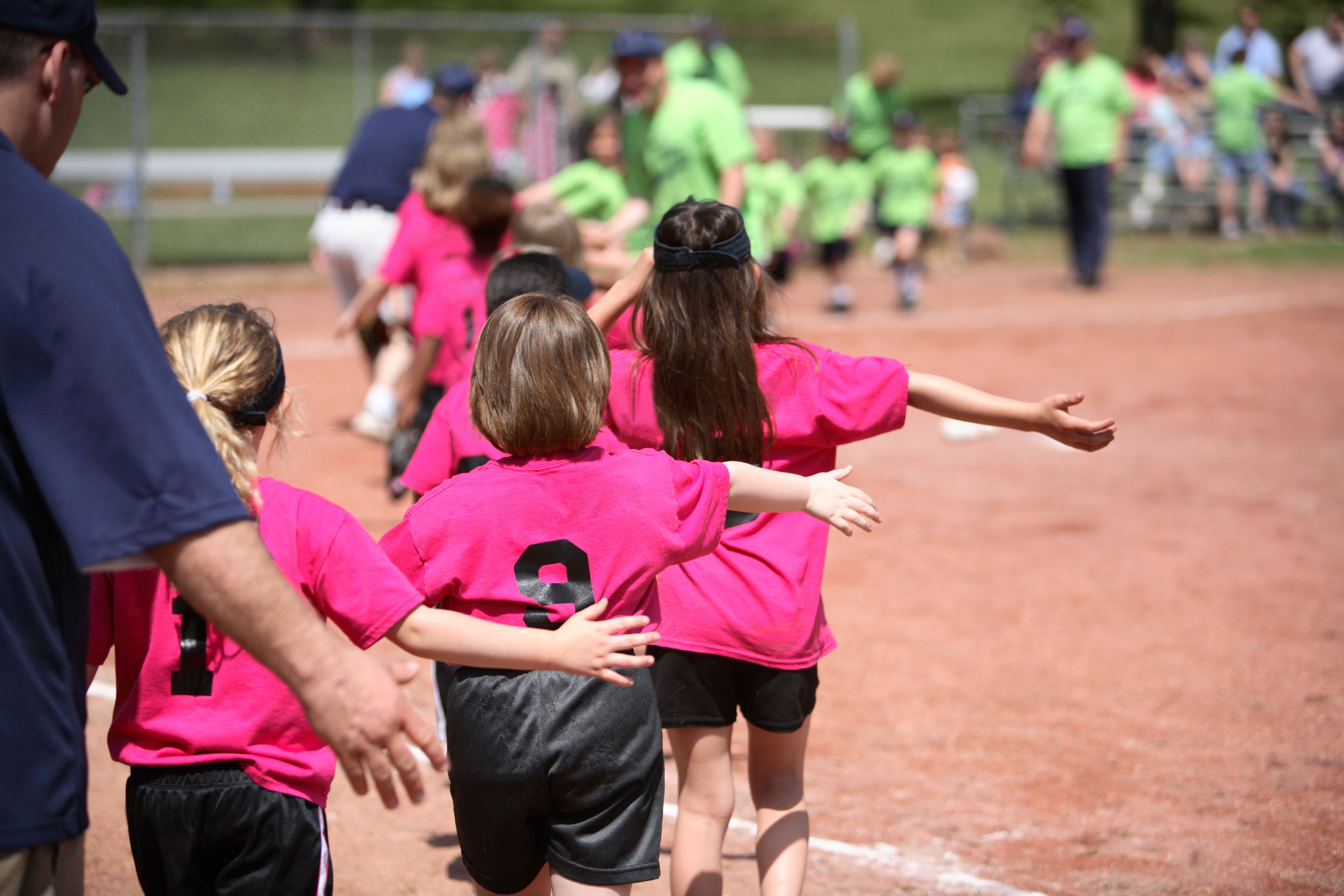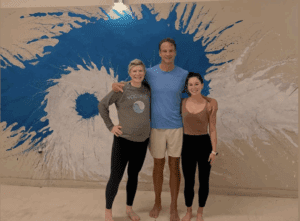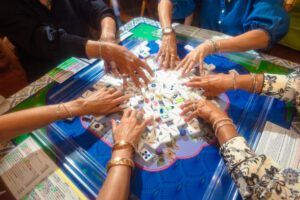Publisher’s letter: Play ball

The young girl rounded first base and was headed toward second as I scooped up the ball in right field, threw it as hard as I could and nailed her directly in the temple.
Bull’s eye. She dropped like a brick.
I immediately realized something was wrong because parents started screaming and running to my teammate—the coach’s daughter, naturally. “Why did you do that?” one woman shrieked at me as I sank to my knees, forehead down on the outfield grass, dark brown pigtails splayed to the sides, tears streaming down my face.
Why, in fact, did I do that?
I didn’t know the rules of the game. It was my first T-ball practice ever. I was five years old.
One would assume that I would have known the rules of baseball by this age, of course. My father had played third base for LSU. My uncle on my mom’s side pitched for the Cubs and the Mets. I had learned to throw a ball early, and apparently well (nailed it!), but I didn’t know that to get a runner out one must get her out at the bases. This wasn’t kickball, after all.
Who knew? Not me.
Thankfully, this was well before phone video documentation. No one uploaded the scene and posted it. There was no play-by-play commentary, no slow-motion effects. The image of the girl getting struck in the temple never went viral, was never picked up by a national morning show to digest and discuss with an expert brought in to analyze. No one looked doe-eyed into the camera and announced, “Thankfully, the young girl who was hit recovered well. But what can we learn from the incident?”
Now I’m no rocket scientist, and I was on the throwing end of the ball. But I don’t need an armchair psychologist in Rockefeller Plaza to tell me what we can learn from my T-ball incident. Life gives you lessons. Sometimes the hard way.
You thought I was going to write, “Know the rules so you can play by the rules,” right? Nah. That sounds like sound advice and all, but there are times you simply don’t know the rules you don’t know, and you should wing it. Give it a shot. Otherwise, you stand on the sidelines of life for so long you start growing mold.
This is important to know for those of you who are just starting out, because up until now—so it seems based on viral videos I’ve watched—everything has been mapped out for you. It’s been one big DIY YouTube excerpt on life. How to organize your closet, how to get into a good college, how to create a smoky eye with false eyelashes. And while these videos are engaging and addictive (what’s not addictive these days?), they make you believe that there is a right way and a wrong way to do everything. They instruct but they don’t really teach. They encourage mold growth.
Life lessons, the hard ones, are the best teachers in the world.
Sure, sure. Parents and professors and YouTube can guide you and inform you. And, if heeded, can save you from loads of embarrassment. But you can’t really learn how to fix a tire without actually fixing the tire. Life is meant to be lived, not downloaded.
Forty years after the T-ball incident, I can still smell that grass. I can still envision the sun going down on that field. I can still picture the oak tree by home plate. And I can still see that girl hit the dirt.
It was a life lesson.
And there have been many more life lessons, hard ones, that have made up the road map of my life in the four decades since. Some, I knew the rules to and chose to break them anyway. Others … Let’s just say sometimes I didn’t know what I didn’t know. But those life lessons, and the experiences surrounding them, make up a real life. A life worth living. I’m just trying to throw to the bases as much as I can.












